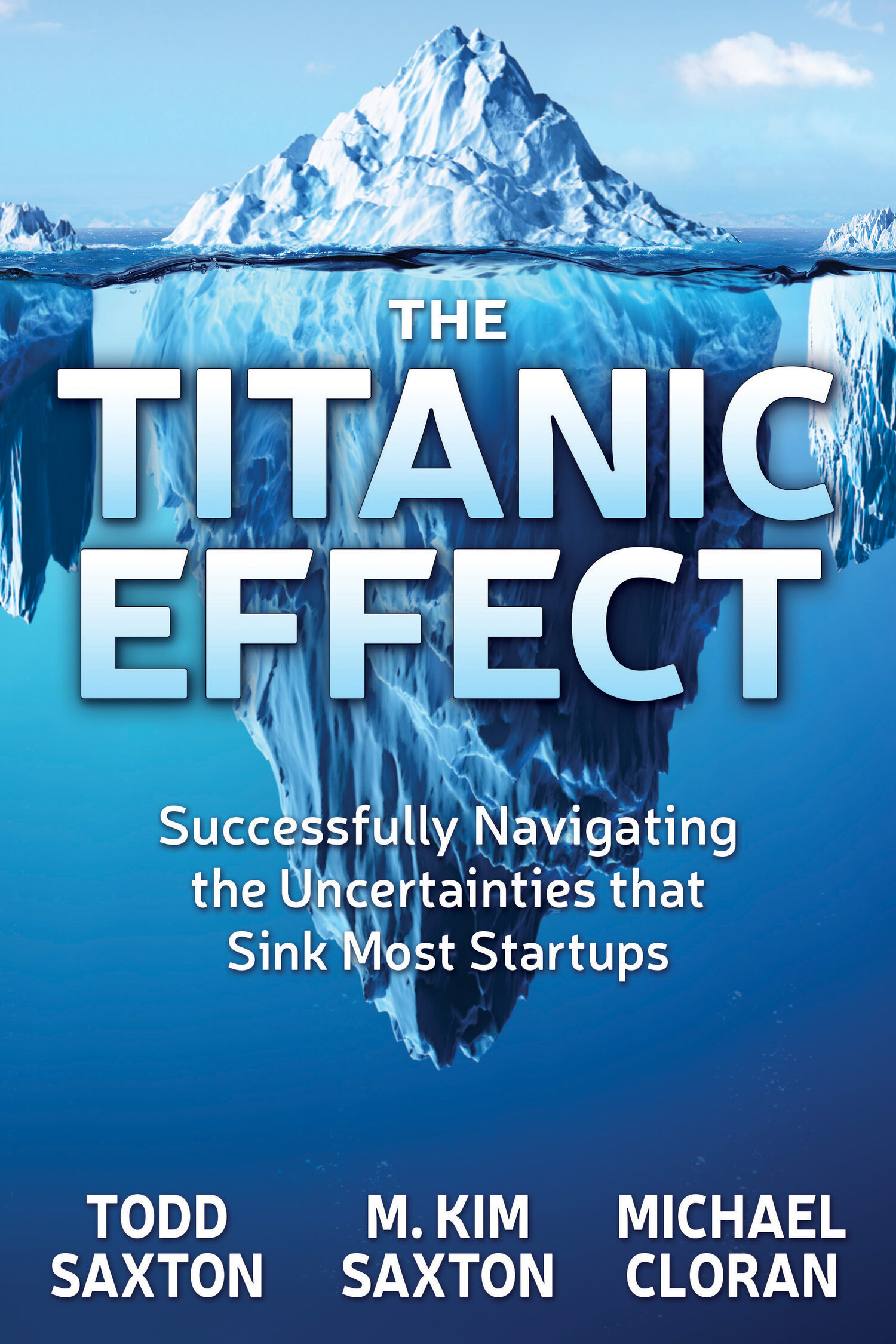In The Titanic Effect, we talk about the PEP model for startup founders – Passion, Experience and Persistence. We’ve shared some ideas about Persistence and how to have it. But we’ve been researching the importance of passion for the last five years or so. And we thought it was time to share what the data has shown.
The whole reason that researchers have looked at passion is that they’ve been tracking what leads to startup funding. In the 1980s and 1990s, the primary focus was on understanding what criteria venture capitalists and then angel investors said they used to evaluate venture pitches. One key finding from this time was that the founder and management team rose above all other criteria. So researchers looked into why the founder and her team were so important. Investors recognized that creating a scalable startup takes a lot of work to overcome many challenges. They wanted to make sure they bet on the right people.
The next set of researchers wanted to know what makes one founder stand out from another. They starting digging into specific characteristics of the people and their pitches. They came upon the magic ingredient of passion. Demonstrated passion in a funding pitch seemed to get some investors excited, especially early funders like angel investors.
That led to looking more carefully at what passion does. Turns out that passion has two roles:
Motivates the founder. It gives founders the encouragement and energy during the long and sometimes unrewarding hours that typify the early journey. Their passion fuels their ability to persist.
Excites others to help them secure resources, obtain advocates, and build social capital from the ecosystem.
At the same time, it’s clear that passion is not enough. Seasoned investors, on the other hand, are not satisfied when they see a passionate founder. They are also looking for a savvy business owner. They want to know that this startup can demonstrate that they:
Know Customers’ Problems. Investors want to know the startup understands customers. What problem is it solving? Why is it an important problem? How big is the problem? This is the first place to show business savvy by doing good customer research.
Have the Right Solution. This means that it also understands competitors. The offering has to be differentiated from current solutions. Investors won’t take the startup’s word for it. They are independently evaluating if this solution will work. It has to be different, better, and achievable.
Can Generate a Financial Return. Here’s another place to demonstrate business savvy. The market needs to be big enough to be worth pursuing. There needs to be a range of exit possibilities from standalone growth to acquisition to IPO. And the startup needs to understand how much time and cash they are going to need to get to the exit.
Have the Team to Capture the Return. This is sometimes expressed as “I want to back an A-Team with an A-Product.” Investors are looking to see if the team knows what they are doing, if they have integrity, and if they are open to feedback. With the odds against a startup’s success, investors want to feel they are making a good bet. Here is where enthusiasm and commitment supersede blind passion.
You see, being too passionate can be a problem. Passion alone won’t get the startup through finding product/market fit. Everyone knows this, even though it is easy to forget. They want to see that the startup team is both motivated to get the solution accepted in the market and savvy enough to know when they need to pivot. So definitely go solve problems you really care about. But also be objective about what it takes to solve that problem. Be passionate about moving the startup forward. And keep a lookout for the hidden debts that can capsize the boat. Match your passion with your business savvy to successfully onboard others to your journey.


